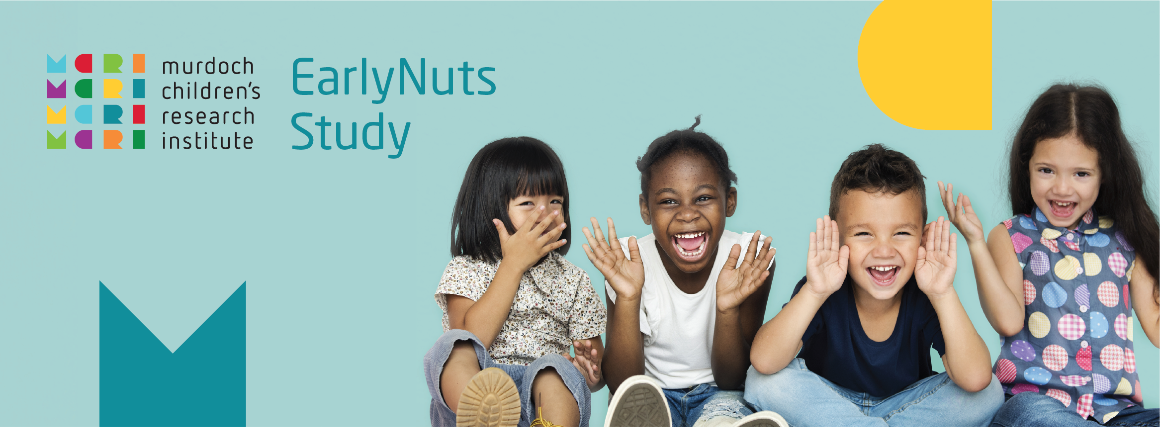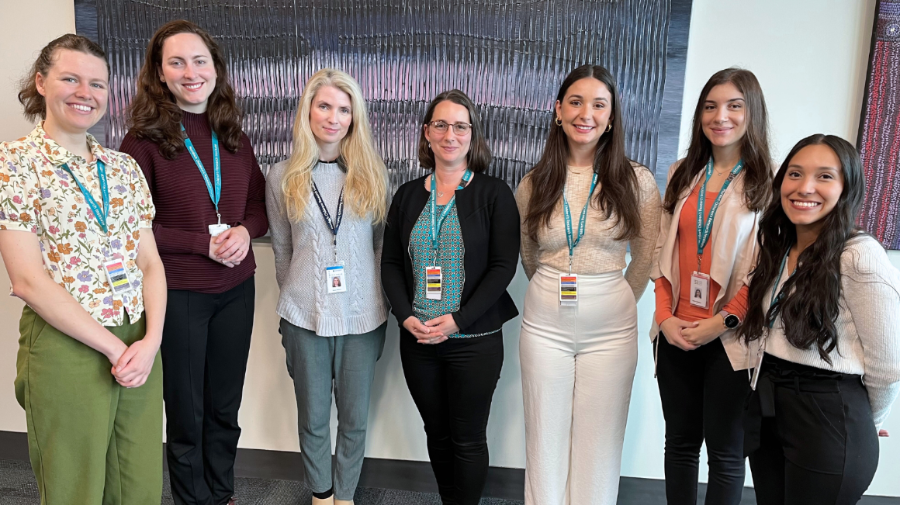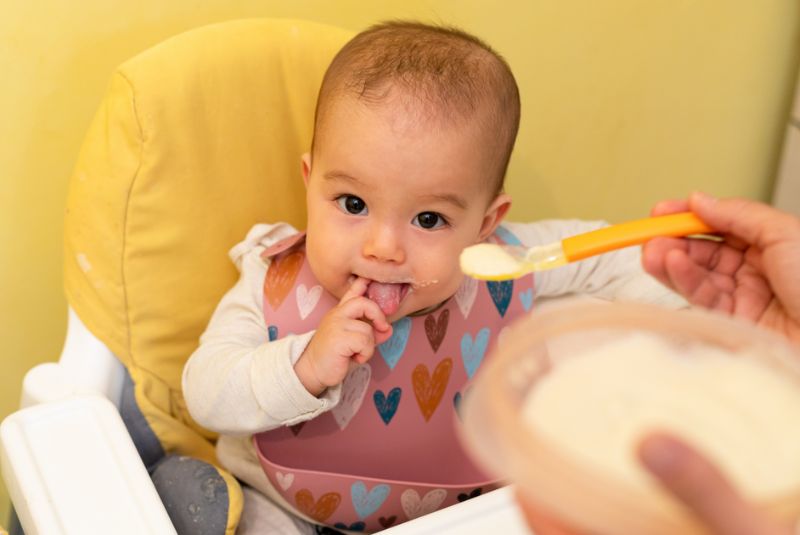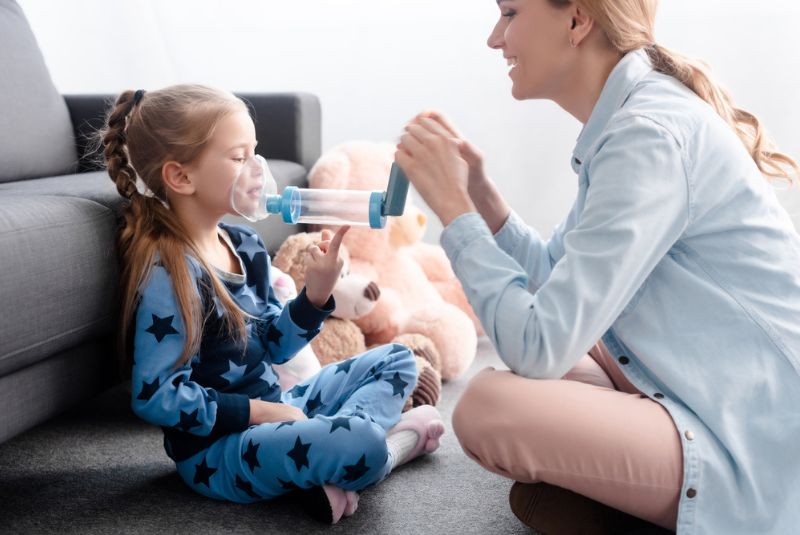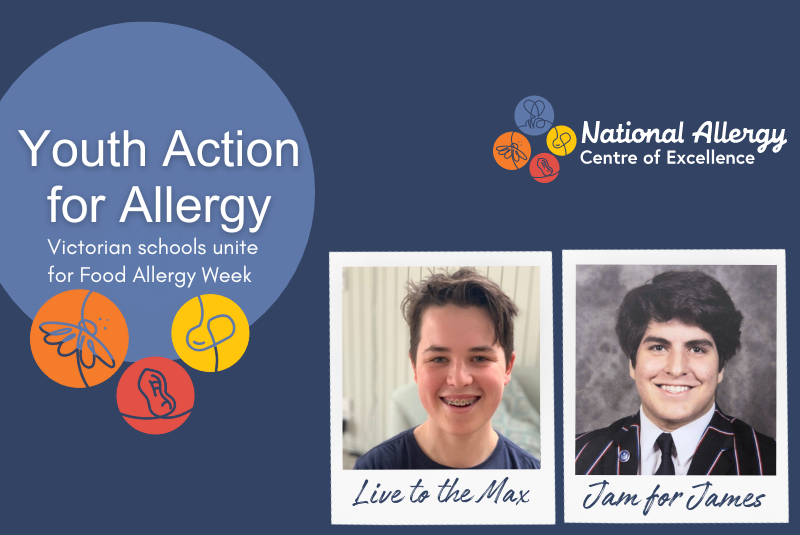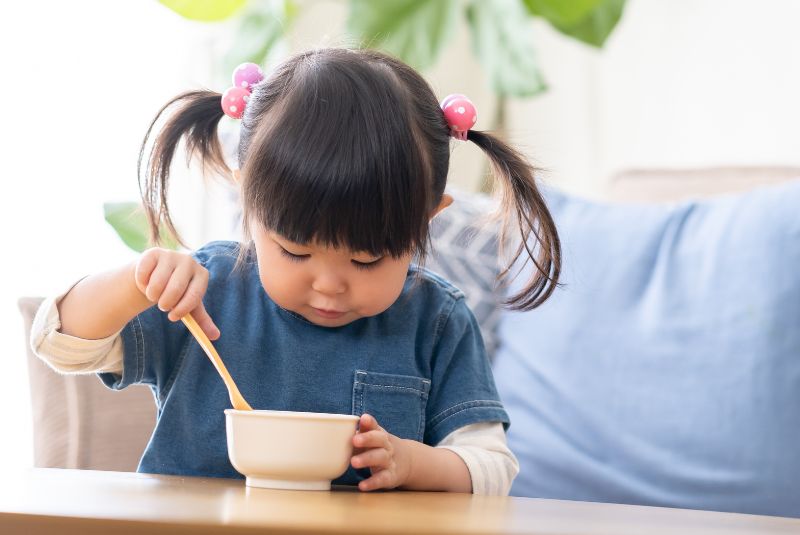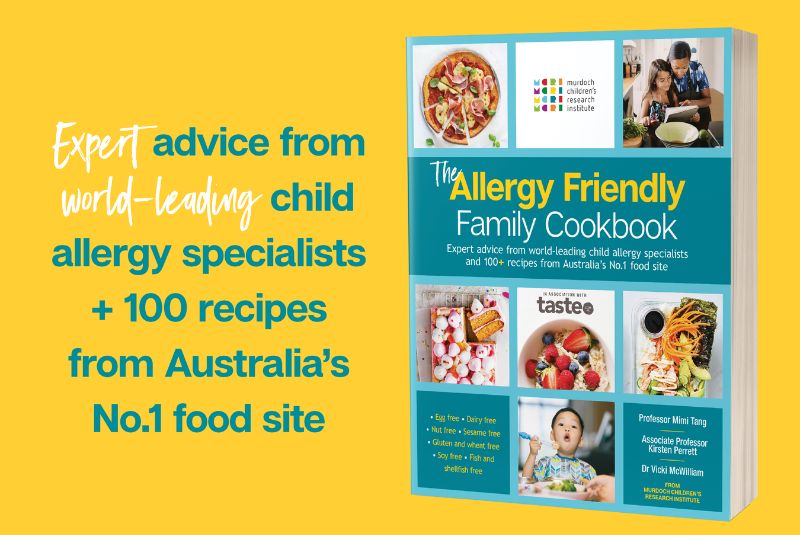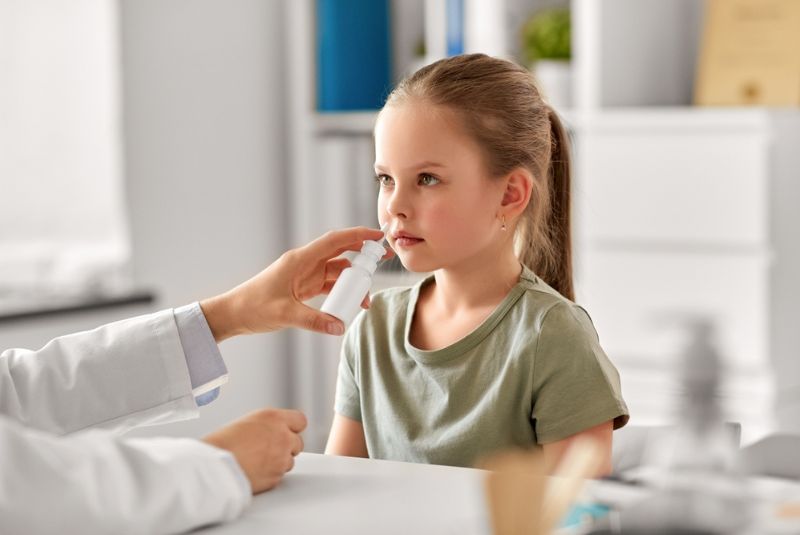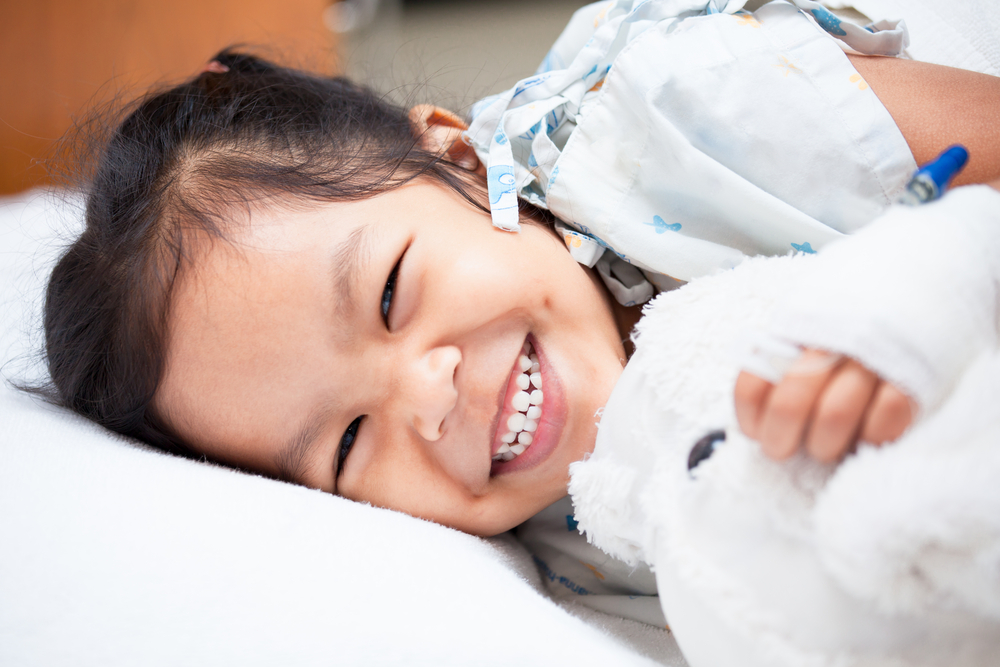EarlyNuts Study
- Project status: Active
Research area: Population Health > Population Allergy
The EarlyNuts Study measured changes to infant feeding practices following new recommendations for food allergy preventions and whether this has helped reduce the prevalence of food allergy.
Overview
Australia has the highest reported rates of childhood food allergy in the world with one in 10 infants diagnosed before age one.
Infant feeding guidelines were changed in 2016 to the recommended food allergy prevention strategy which introduces allergenic foods such as smooth peanut butter, cooked egg, dairy and wheat products in the first year of life.
The EarlyNuts Study involved 1933 infants who were 12 months old when recruited between 2017-2019. The study aimed to determine whether the 2016 infant feeding guidelines helped reduce the rate of food allergy.
So far, Population Allergy group researchers have found 88 per cent of infants were eating peanut before age one in 2017-2019, compared to only 28 per cent 10 years prior. Although this was an excellent response to the new guidelines, EarlyNuts found only a small reduction in infants with peanut allergy – from 3.1 per cent to 2.6 per cent. Further results published in 2023 also showed 1.4 per cent of 12-month-olds have a cashew allergy and 1.3 per cent a cow’s milk allergy.
This meant that more work was needed to help prevent peanut and other common food allergies and the next phase of the EarlyNuts Study is designed to do just that.
EarlyNuts Study six-year-old follow-up
We are conducting a follow-up study to help understand how many children still have food allergy and whether changes to the infant’s diet have helped prevent food allergy up to school age. This phase of the study will also assess whether changes to infant feeding practices have affected other health outcomes, such as asthma and child growth.
Information for participants
When children already enrolled in EarlyNuts turn six, parents and caregivers will be invited to complete a questionnaire about their child’s diet, allergy and respiratory history, their growth and development. Some children might also be invited to have a free allergy assessment at The Royal Children’s Hospital or during a home visit.
Study lead
Associate Professor Rachel Peters – Study Lead, MCRI
Associate Professor Rachel Peters is head of the Population Allergy group epidemiology program and Principal Investigator of the EarlyNuts, HealthNuts and SchoolNuts studies (including 17,000 participants).
She is also Associate Investigator of the Centre for Food Allergy Research and Honorary Principal Fellow, Department of Paediatrics at the University of Melbourne.
Research team
| Associate Professor Jennifer Koplin | Principal Investigator – EarlyNuts age one year, MCRI |
| Associate Professor Adrian Lowe | Chief Investigator, The University of Melbourne |
| Dr Kate Lycett | Chief Investigator, MCRI |
| Dr Vicki McWilliam | Chief Investigator, MCRI |
| Associate Professor Margarita Moreno-Betancur | Chief Investigator, MCRI |
| Professor Kirsten Perrett | Chief Investigator, MCRI |
| Professor Sarath Ranganathan | Chief Investigator, MCRI |
| Dr Victoria Soriano | Chief Investigator, MCRI |
| Professor Mimi Tang | Chief Investigator, MCRI |
| Megan Mathers | Project Coordinator, MCRI |
| Grace Darling | Team member, MCRI |
| Claire Hogan | Team member, MCRI |
| Koulla Dionisiou | Team member, MCRI |
| Isabel Hincapie Gallego | Team member, MCRI |
| Gabrielle Murphy | Team member, MCRI |
(Left to Right): Grace Darling, Dr Victoria Soriano, Megan Mathers, Associate Professor Rachel Peters, Claire Hogan, Koulla Dionisiou, Isabel Hincapie
Funding
Thank you to our partners and supporters. This project is funded by:
- National Health and Medical Research Council (NHMRC)
- Epworth Foundation
- Allergy & Immunology Foundation of Australasia
- Murdoch Children’s Research Institute
EarlyNuts Study
Murdoch Children's Research Institute
The Royal Children's Hospital
50 Flemington Road
Parkville VIC 3052
Australia
Email: show email address

